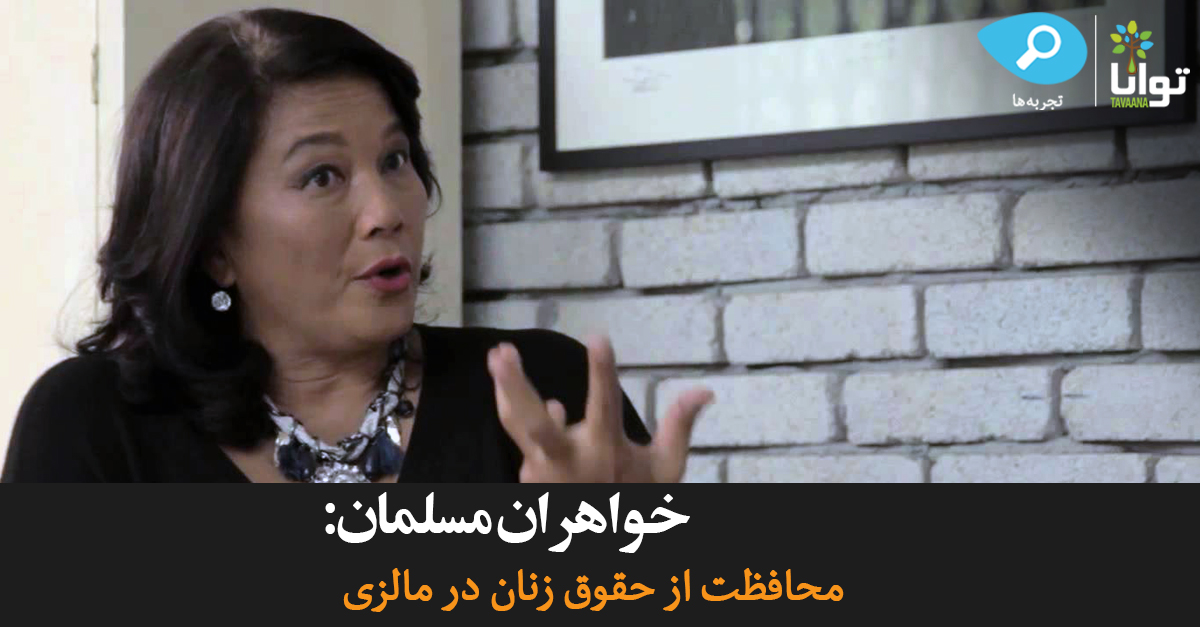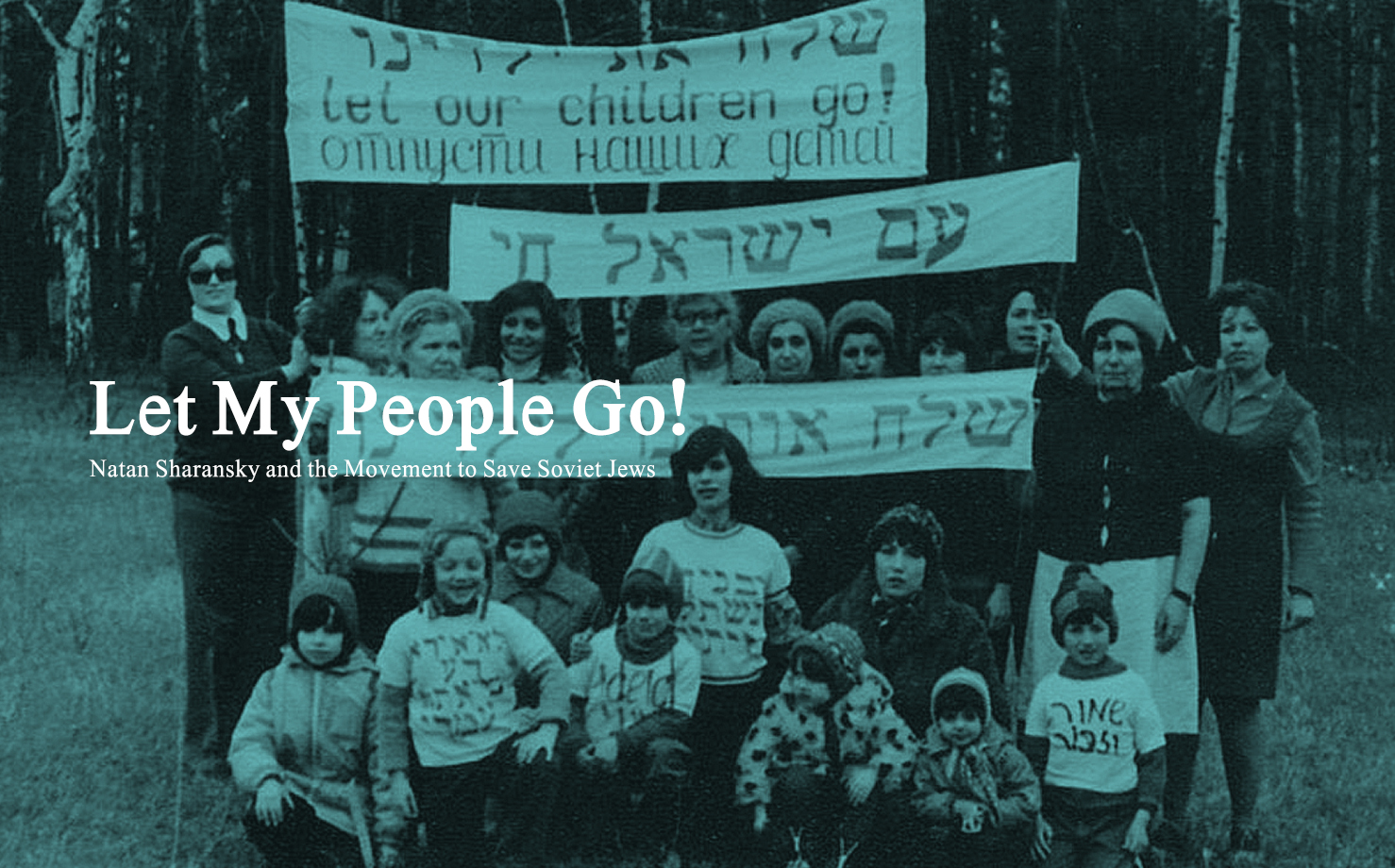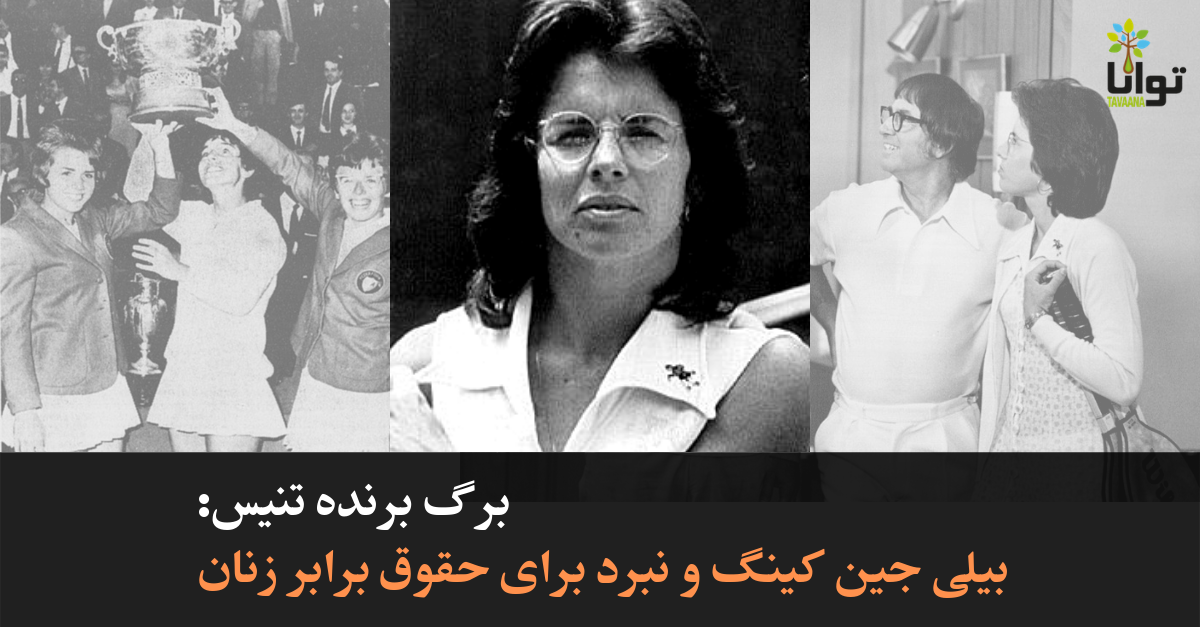Vision and Motivation
Malaysian society was in a period of constant upheaval after gaining independence from Great Britain in 1957. This upheaval, including the 1969 race riots between indigenous and non-indigenous Malays, rapid modernization and industrialization, and nationalist economic and social policies that disenfranchised poor Malaysian Muslims, served as catalysts for Malaysia’s Islamic Revival in the late 1970s. Gradual governmental changes implementing pro-Islamic policies propagated by the Dakwah students’ movement finalized Malaysia’s conversion into an Islamic state by the early 1980s.[1] The ideological shift in Malaysia meant that Muslims were expected to live under Sharia, a system of Islamic laws that quickly superseded the laws set forth in Malaysia’s constitution.[2] Since the Islamic Revival, women’s rights have been under attack in a judicial system that stripped women of fundamental human rights and enabled men to justify spousal abuse and polygamous marriages.
In response to the adoption of such discriminatory laws, women’s rights organizations began to publicly address issues of gender equality. In 1985, the Joint Action Group, a broad coalition of women’s organizations, declared domestic violence a social concern in Malaysia and sought to pass legislation that would put an end to this abuse.[3] Zainah Anwar, an active member of the JAG campaign, discovered that the general discourse on women’s rights blamed Islam for Malaysia’s gender rights inequality. While many women’s rights groups believed that Islam had created the problem, Anwar argued that it was the patriarchal interpretation of Islam that caused injustices against women. It was this principle upon which Anwar founded Sisters in Islam in 1988.
Goals and Objectives
Zainah Anwar founded Sisters in Islam to counter the predominant discourse on Islam and women’s rights in Malaysia, and to facilitate a broader conversation about a progressive interpretation and role of Islam in daily life. By 1988, the JAG was calling for a Domestic Violence Act which would criminalize spousal abuse in Malaysia. The Domestic Violence Act, which was not passed by the parliament until 1994, could not have become law without Sisters in Islam. As the only Islamic organization within the JAG, Sisters in Islam challenged Malaysia’s Ministry of Religion’s assertion that the law would not apply to Muslims even if it were passed, due to the lack of political support that it had from the Muslim community. Sisters in Islam demonstrated that Islam does not support domestic abuse or the subjugation of women, thereby nullifying the government’s argument against the application of the DVA to both non-Muslims and Muslims.
While the Domestic Violence Act was passed and implemented in 1994, Sisters in Islam knew that truly ending discrimination against women would take more than a piece of legislation. In order to achieve a much broader goal, Sisters in Islam sought to educate the Malaysian public through pamphlets advocating a new interpretation of Islam that encompasses equality and justice for women. According to Sisters in Islam activist Nora Murat, “Hopefully, through this process, we can help to engender more informed public discussion on the issue, and build a constituency that will support our advocacy for a more enlightened and progressive Islam to take root in Malaysia.”[4] Ultimately, Anwar says, “I hope that in ten years’ time, Sisters in Islam can close shop. That we don’t have to exist because all these problems will be solved, that we have a transformation of the teachings of Islam and the understanding of Islam and Islamic laws that recognize equality and justice.”[5]
Leadership
 Prior to founding Sisters in Islam, Zainah Anwar had formed a study group to analyze the importance of domestic violence legislation and the role that Islam played in the subordination of women in Malaysia. Anwar knew she and her colleagues were not the only ones who believed that Islam could support feminist ideals: “The reason I became involved in this movement was just outrage, really, over injustices perpetrated in the name of God. For me, leaving Islam or ignoring Islam is not an issue at all. I think for all of us who were there from the start [of SIS], we were concerned with why Islam was being used to justify domestic violence, oppression and discrimination.”[6]
Prior to founding Sisters in Islam, Zainah Anwar had formed a study group to analyze the importance of domestic violence legislation and the role that Islam played in the subordination of women in Malaysia. Anwar knew she and her colleagues were not the only ones who believed that Islam could support feminist ideals: “The reason I became involved in this movement was just outrage, really, over injustices perpetrated in the name of God. For me, leaving Islam or ignoring Islam is not an issue at all. I think for all of us who were there from the start [of SIS], we were concerned with why Islam was being used to justify domestic violence, oppression and discrimination.”[6]
Anwar hoped to offer leadership and guidance to women who did not view the patriarchal mullahs as the sole interpreters of Islam. By filling that unique ideological vacuum, Sisters in Islam have been able to educate women by reframing the traditional readings of Islam in a way that offers more just interpretations supporting women’s rights.
According to Anwar, “Being inclusive, being consultative, [and] being unselfish about power [are] very, very important characteristics for the leader of a social movement to have.”[7] It is this ability to collaborate and to inspire and motivate others, along with her outreach efforts, which have enabled Anwar to become a leading voice for progressive, Islamic feminism and to empower women within the Islamic community worldwide.
Civic Environment
Malaysia’s Islamic Revival of the late 1970 and the ensuing establishment of Sharia law left women, alongside religious and ethnic minorities, disenfranchised in their own state. While domestic violence had always been considered a criminal offense, Sharia offered legal justification for spousal abuse, as well as other discriminatory practices against women. According to the Malaysian Women’s Aid Organization, “Domestic violence was regarded as a private family matter, and police and the courts were generally unwilling to take action against batterers because it was generally believed to be sanctioned by Islamic law.”[8]
Despite the overtly religious role played by the state, Sisters in Islam and other women’s movements have been able to democratically petition the government for increased rights. Anwar explains, “Even if we are not mullahs, we can, as citizens of a democratic society, speak up, and if religion is used as a source of law or public policy then every citizen has a right to speak on religion and on laws based on religious principles.”[9] Sisters in Islam’s most formidable opponents are not the state, but rather a male-dominated society which views the empowerment of women as an infringement on its own power. However, since the passage of the Domestic Violence Act, according to Sisters in Islam lawyer K. Shanmuga, “The High Court [has] adopted the modern approach which gives fundamental liberty more emphasis.”[10]
Message and Audience
When Sisters in Islam was created, it sought to send a unique message to the women’s rights community of Malaysia: that Islam could help elevate the status of women. In their campaign to promote the passage of the Domestic Violence Act, Sisters in Islam created and distributed two pamphlets entitled “Are Muslim Men Allowed to Beat Their Wives?” and “Are Men and Women Equal Before Allah?” which explored the Koranic teachings of gender relations and justified the equal treatment of men and women under Islamic law.[11] These guides, representing the heart of Sisters in Islam’s campaign, offered Malaysian women a practical, feminist interpretation of the Koran.
Anwar does not believe that women should have to choose between being a Muslim and being a feminist: “I want to…be both a Muslim and a feminist, and I don’t see any contradictions in there. So that’s why I made the decision to really read the religious text again in order to find where is this justification for discrimination against women in the text? And that whole process of going back to the text again as a feminist with these questions in mind really opened up a new world and a new understanding, realizing that the Quran talks about justice, compassion, and mercy, about men and women being each other’s guardian and… protector.”[12] Further publications by Sisters in Islam address these issues in depth, including books on Islam and Family Planning, Islam and Women’s Reproductive Rights, Hadith on Women in Marriage, and Islam and Polygamy.
Additionally, Sisters in Islam have made women aware of their full legal rights under Malaysian law. Murat explains, “Throughout our years of advocating the government and the media, we found that many women are still not aware of their basic rights. We see the necessity of educating them, to equip them with legal knowledge and assist and support them in their struggle with the religious authorities and the Sharia courts.”[13] In order to assist Malay women in need, Sisters in Islam began offering training sessions, public lectures and study sessions. Anwar also wrote a weekly column called “Legal Literacy” in a Malaysian newspaper for six years, enabling women to submit legal questions and receive advice about marriage, domestic abuse and divorce.
On top of legal advocacy and grassroots activism, Sisters in Islam used the national media to boost their cause in the eyes of the often uninformed Malaysian public. Abused women were willing to come forward to speak about their situations and the difficulties they faced, which were nationally publicized. To supplement the stories of spousal abuse, Anwar and her colleagues also consistently wrote op-eds to major newspapers and letters to the government advocating change.
Sisters in Islam has recently broadened their efforts beyond Malaysian society with the establishment of a new project by Zainah Anwar called “Musawah”, which works to ensure that Muslim women are treated equally in the families and communities of Muslim societies. The project was initiated with a global meeting in February 2009 that brought together over 250 Muslim scholars and feminist activists from nearly 50 countries. Musawah arms its global activists with a resource kit that offers arguments and advocacy positions for those fighting to increase women’s family rights.[14]
Outreach Activities
 Sisters in Islam, while a fundamental institution in the advancement of women’s rights in Malaysia, is only one group within the Joint Action Group, the broader women’s rights advocacy coalition that includes three other women’s rights organizations: the Women’s Aid Organization, the women’s wing of the Malaysian Trade Organization, and the Association of Women Lawyers. While each group offers a distinct approach to the issue of women’s rights, it was their coordination which ultimately got the Domestic Violence Act passed in 1994. “An advocacy strategy we use[d] is the writing of joint letters with other women’s organizations to demonstrate that the women’s movement is speaking with one voice on a particular issue,” explained Murat.[15]
Sisters in Islam, while a fundamental institution in the advancement of women’s rights in Malaysia, is only one group within the Joint Action Group, the broader women’s rights advocacy coalition that includes three other women’s rights organizations: the Women’s Aid Organization, the women’s wing of the Malaysian Trade Organization, and the Association of Women Lawyers. While each group offers a distinct approach to the issue of women’s rights, it was their coordination which ultimately got the Domestic Violence Act passed in 1994. “An advocacy strategy we use[d] is the writing of joint letters with other women’s organizations to demonstrate that the women’s movement is speaking with one voice on a particular issue,” explained Murat.[15]
More recently, during a campaign against moral policing throughout Malaysia, Sisters in Islam produced and distributed a joint statement whose signatories included a diverse group of NGOs and civic organizations outside their typical activist base, such as the Society for Christian Reflection, the Malaysian Trade Union Congress and the Malaysian Youth & Student Democratic Movement.[16] According to Anwar, “If you want to bring change you cannot monopolize the issue and say this is my issue and others don’t have the right to talk about the issue. The diversity of voices, the diversity of groups and the spread of the groups that support the issue is very important.”[17]

Learn More
News & Analysis
Sisters in Islam Official Website.
Mydans, Seth. “Blame Men, Not Allah, Islamic Feminists Say.” New York Times. October 10, 1996.
Books
Anwar, Zainah. Islamic Revivalism in Malaysia: Dakwah Among the Students. Petaling Jaya, Selangor: Pelanduk Publications, 1987.
Anwar, Zainah. “The Struggle for Women’s Rights Within the Religious Framework: The Experience of Sisters in Islam.” in Modern Malaysia in the Global Economy: political and social change into the 20th Century ed. by Colin Barlow. Northampton, MA: Edgar Elgar Publishing, 2001.
Anwar, Zainah. “What Islam, Whose Islam?: Sisters in Islam and the Struggle for Women’s Rights.” in The Politics of Multiculturalism: Pluralism and Citizenship in Malaysia, Singapore and Indonesia ed. by Robert W. Hefner. Honolulu, HI: University of Hawaii Press, 2001.
Mutalib, Hussein. Islam in Malaysia: From Revivalism to Islamic State. Singapore: Singapore University Press, 1993.
Multimedia
Tavaana Exclusive Interview with Zainah Anwar.
“Malaysia: Sisters In Islam Upholding Equality.” Youtube.
“Portraits of Ordinary Muslims: Malaysia’s Zainah Anwar and Aida Melly Tan Mutalib.” PBS Frontline.
“Zainah Anwar – To end discrimination against women.” YouTube. 13 Jan 2008.
“Zainah Anwar on Domestic Violence Campaign in Malaysia.” YouTube. 8 Dec 2007.
“Zainah Anwar at Women’s Learning Partnership Symposium ‘Challenges of Change’ Panel 2”: Part 1, Part 2. Kenney Auditorium, SAIS, Johns Hopkins University, Washington, DC. 21 Sept. 2010.
Footnotes
[1] Mutalib, Hussein. Islam in Malaysia: From Revivalism to Islamic State. Singapore: Singapore University Press, 1993: 17-41.
[2] Ufen, Andreas. “Mobilising Political Islam: Indonesia and Malaysia Compared.” Commonwealth and Comparative Politics 47, no. 3 (July 2009): 321-322.
[3] “Zainah Anwar on Domestic Violence Campaign in Malaysia.” YouTube. 8 Dec 2007.
[4] Murat, Nora. “Sisters in Islam: Advocacy for Change within the Religious Framework.” Warning Signs of Fundamentalisms: Papers from a Meeting Held by the International Solidarity Network. Women Living Under Muslim Laws (WLUML). December, 2004: 142.
[5] “Zainah Anwar – To end discrimination against women.” YouTube. 13 Jan 2008.
[6] Nair, Shelia. “Challenging the Mullahs: Islam, Politics and Women’s Activism, Interview with Zainah Anwar.” International Feminist Journal of Politics 9, no. 2 (June 2007): 240-248.
[7] “Zainah Anwar on Domestic Violence Campaign in Malaysia.”
[8] “Domestic Violence.” Malaysian Women’s Aid Organization.
[9] Nair 242.
[10] Mageswari, M. “Ban Lifted on Sisters in Islam Book.” The Star Online. 25 Jan 2009.
[11] Mydans, Seth. “Blame Men, Not Allah, Islamic Feminists Say.” New York Times. October 10, 1996.
[12] “Tavaana Exclusive Interview: Zainah Anwar.” Tavaana. 21 Sept. 2010.
[13] Murat 143.
[14] “Home page.” Musawah Official Website. 2008.
[15] Murat 142.
[16] Anwar, Zainah. “The State Has No Role in Moral Policing.” Sisters in Islam. 2005.
[17] “Zainah Anwar on Domestic Violence Campaign in Malaysia.”



